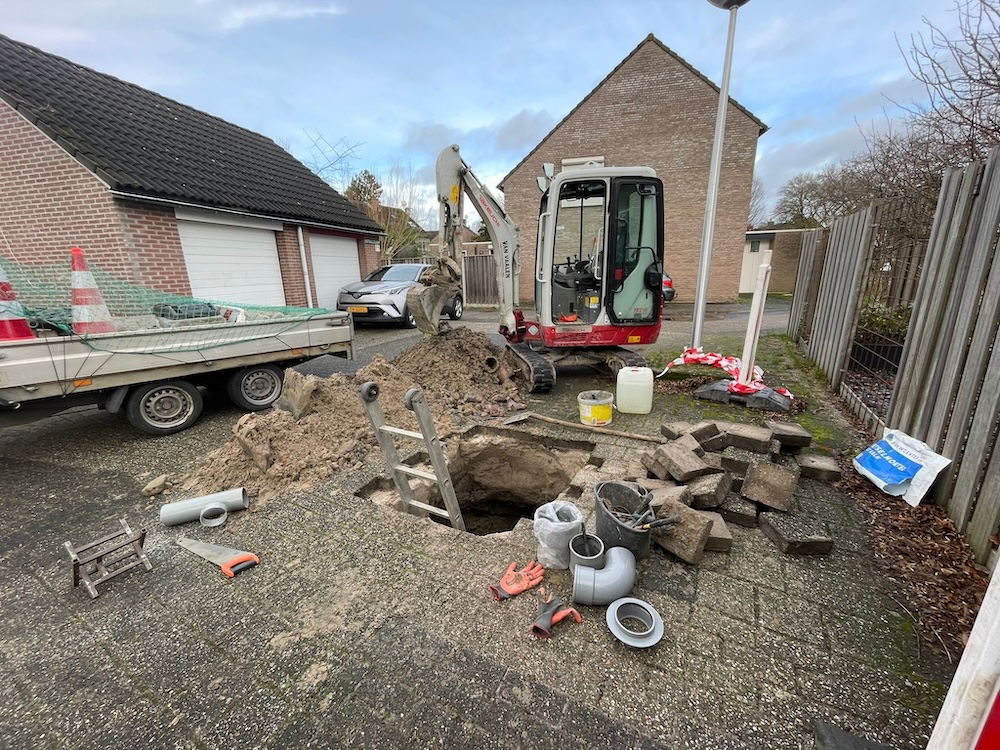Bring your floaties to town because sinkholes are the new tourist attraction.
This week was marked by various important developments. Firstly, the increasing problem of sinkholes came to light, which points to a weakened state of the sewerage systems in the Netherlands. These dangerous sinkholes mainly occur in urban areas, caused by heavy rainfall and neglect of sewer maintenance.
Another major change is the adjustment in public transport of De Lijn in Flanders. As of January 6, 2024, more than 3.200 stops deleted, about 17 percent of the total. As an alternative, De Lijn is introducing 'flexible transport' with 'flex buses', which promise more flexibility and accessibility.
Eindhoven Airport had one record year in 2023, with passenger numbers increasing to more than 6,8 million. The airport reached almost its maximum capacity in terms of flight movements and expanded its destinations, indicating a strong post-pandemic recovery.

In Ghent, tram line 1 takes precedence at least four years out of circulation for the renewal of the tram tracks. This will have a significant impact on public transport in the city, although a shuttle bus will temporarily take over the service.
At the same time, there is growing dissatisfaction among travelers about new bus services in the Netherlands, with complaints about it delays and cancellations, especially in regions where new carriers have recently started operations.
Finally, De Lijn is taking a big step towards sustainability with the purchase of 92 electric buses from BYD Europe, as part of their plan for zero-emission public transport by 2035. These buses will be delivered from early 2025 and are equipped with modern amenities.



